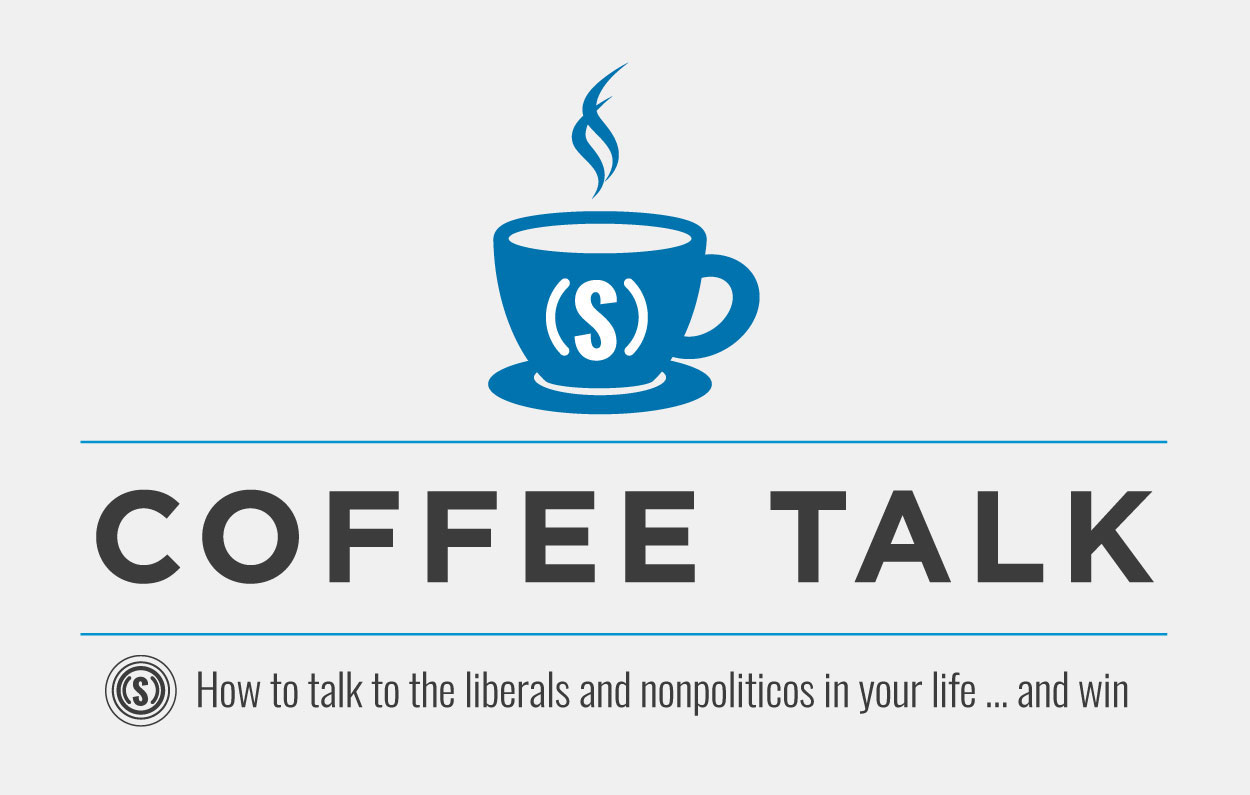The Trump administration is less than one month old and unity seems like a pipe dream, especially if you log on to social media.
Everyone has an opinion and they’re not afraid to share it, which is both the beauty and tragedy of the internet—it allows great access to information, but also erects a barrier to civility.
Though your name and likeness may be attached, you can hide behind whatever profile you’ve created for yourself. In the words of everyone’s mothers, “You can be whatever you want to be.”
On most days, this is just fine. But since the election, it’s caused some heartburn.
My idea of a good time is not logging on to Facebook to see that my family and friends have very strong opinions the exact opposite of mine.
Do I passive-aggressively challenge them by posting articles in direct opposition to theirs? Do I comment on whatever article they’ve posted to challenge their opinion? Or do I just back away and silently form judgments of their character?
The tendency to disengage is strong, but for the sake of our relationships, we can’t. So the question is, how do we remain good stewards of our social media profiles and defend our principles?
Here are a few rules of engagement.
Timing Matters
Pretty sure everyone knows it’s best to leave internet trolls alone. The debate will be over before it begins, so don’t waste your energy.
However, if you know this person, the first thing to consider is whether the debate will be productive. And by productive, I mean, will the person on the other side listen and vice versa?
You may debate someone and end up declaring that you’ll agree to disagree. This is not a lost cause. Of course the goal is always to persuade someone to agree with you, but you can count it a win if you civilly debate an issue and no one budges.
Keep it civil and I guarantee the level of respect that you each have for each other will be greater.
Tone Is Everything
Text is tone deaf. It’s hard to decipher someone’s motive when you can’t see/hear the person delivering the message. Plus, we often think the best of our intentions, but the worst of others’.
If this is a person you know and/or love, then call them or sit down face-to-face. There’s no reason to start World War III via Facebook because they posted an incendiary article.
Assume they mean well (easier said than done, I get it) and politely ask them to explain or consider the issue from your perspective. But again, do this in person.
Another danger to challenging someone on social media is the peanut gallery.
Unless you directly message someone, you risk allowing a friend of a friend of a friend to hijack the public conversation. If you truly want to hear someone out and present your case, you have to pick up the phone or pick up the tab.
Set the Example
The Golden Rule absolutely extends to social media, so it’s time to self-evaluate.
Are your posts accusatory or demeaning? Or do you show the same kindness you hope for in return? Because our political beliefs are personal, it’s difficult to isolate the issue from the issuer.
It can also be hard not to engage in the same way you see others engaging on social media—loud and proud and leaving no survivors—especially when you think they’re wrong and you’re right.
However, if we realize that everyone has an opinion or two in life that might turn out to be wrong, we can extend grace to others who might be in the wrong right now.
Keep this about policy and not the person advocating the policy, and be the change you want to see on the interwebs.
































